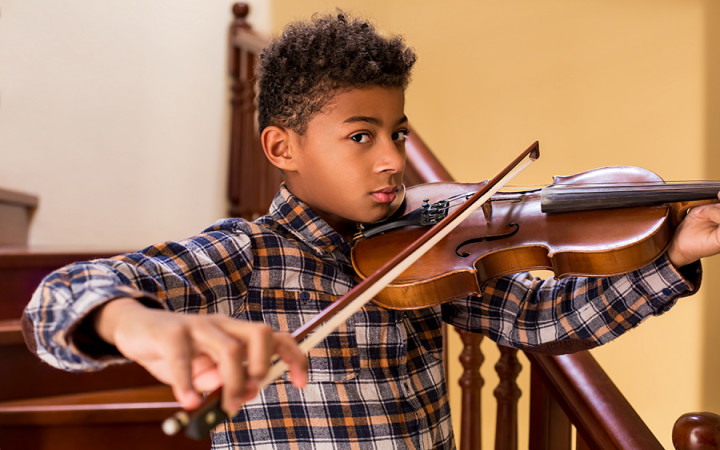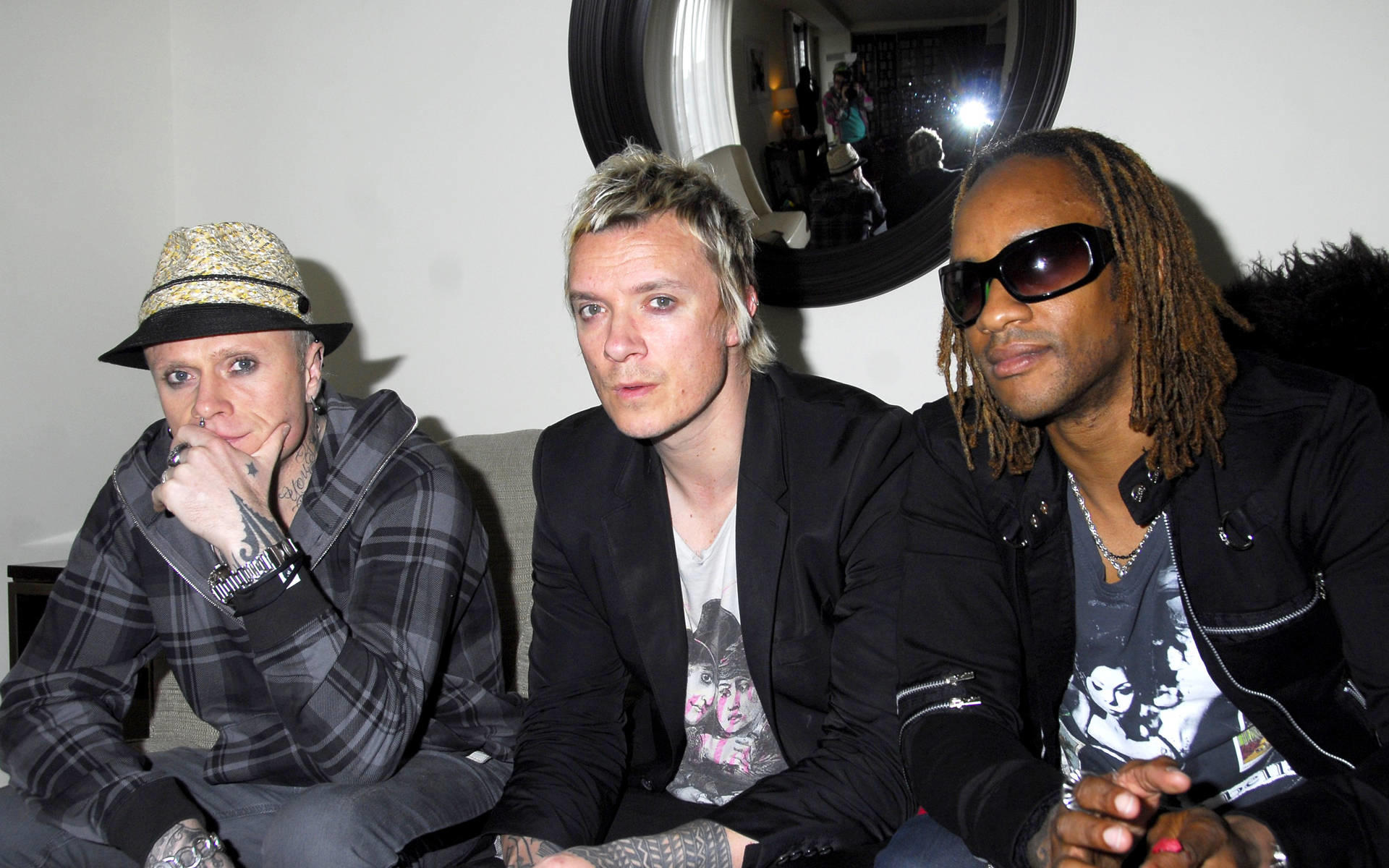
Surname Ībraham Mendelssohn renounced the Jewish religion prior to Felix's birth he and his wife decided not to have Felix circumcised, in contravention of the Jewish tradition. The musician Sarah Rothenburg has written of the household that "Europe came to their living room". Frequent visitors to the salon organised by his parents at their home in Berlin included artists, musicians and scientists, among them Wilhelm and Alexander von Humboldt, and the mathematician Peter Gustav Lejeune Dirichlet (whom Mendelssohn's sister Rebecka would later marry). Mendelssohn grew up in an intellectual environment. Abraham was initially disinclined to allow Felix to follow a musical career until it became clear that he was seriously dedicated. But it was not considered proper, by either Abraham or Felix, for a woman to pursue a career in music, so she remained an active but non-professional musician. Fanny became a pianist well known in Berlin musical circles as a composer originally Abraham had thought that she, rather than Felix, would be the more musical. Abraham and Lea Mendelssohn sought to give their children – Fanny, Felix, Paul and Rebecka – the best education possible. The family moved to Berlin in 1811, leaving Hamburg in disguise in fear of French reprisal for the Mendelssohn bank's role in breaking Napoleon's Continental System blockade.

Mendelssohn was the second of four children his older sister Fanny also displayed exceptional and precocious musical talent. His mother, Lea Salomon, was a member of the Itzig family and a sister of Jakob Salomon Bartholdy. Until his baptism at age seven, Mendelssohn was brought up largely without religion. Mendelssohn's father, the banker Abraham Mendelssohn, was the son of the German Jewish philosopher Moses Mendelssohn, whose family was prominent in the German Jewish community. Life Childhood Felix Mendelssohn aged 12 (1821) by Carl Joseph Begasįelix Mendelssohn was born on 3 February 1809, in Hamburg, at the time an independent city-state, in the same house where, a year later, the dedicatee and first performer of his Violin Concerto, Ferdinand David, would be born. He is now among the most popular composers of the Romantic era. After a long period of relative denigration due to changing musical tastes and antisemitism in the late 19th and early 20th centuries, his creative originality has been re-evaluated. The Leipzig Conservatory, which he founded, became a bastion of this anti-radical outlook. His essentially conservative musical tastes set him apart from more adventurous musical contemporaries such as Franz Liszt, Richard Wagner, Charles-Valentin Alkan and Hector Berlioz. He became well received in his travels throughout Europe as a composer, conductor and soloist his ten visits to Britain – during which many of his major works were premiered – form an important part of his adult career. Mendelssohn enjoyed early success in Germany, and revived interest in the music of Johann Sebastian Bach, notably with his performance of the St Matthew Passion in 1829. His sister Fanny Mendelssohn received a similar musical education and was a talented composer and pianist in her own right some of her early songs were published under her brother's name and her Easter Sonata was for a time mistakenly attributed to him after being lost and rediscovered in the 1970s. He was recognised early as a musical prodigy, but his parents were cautious and did not seek to capitalise on his talent. He was baptised at the age of seven, becoming a Reformed Christian. Mendelssohn's grandfather was the renowned Jewish philosopher Moses Mendelssohn, but Felix was initially raised without religion. Mendelssohn's Songs Without Words are his most famous solo piano compositions. The melody for the Christmas carol " Hark! The Herald Angels Sing" is also his. Paul, the oratorio Elijah, the overture The Hebrides, the mature Violin Concerto and the String Octet.

His best-known works include the overture and incidental music for A Midsummer Night's Dream (which includes his " Wedding March"), the Italian Symphony, the Scottish Symphony, the oratorio St.

Mendelssohn's compositions include symphonies, concertos, piano music, organ music and chamber music.

Jakob Ludwig Felix Mendelssohn Bartholdy (3 February 1809 – 4 November 1847), born and widely known as Felix Mendelssohn, was a German composer, pianist, organist and conductor of the early Romantic period.


 0 kommentar(er)
0 kommentar(er)
